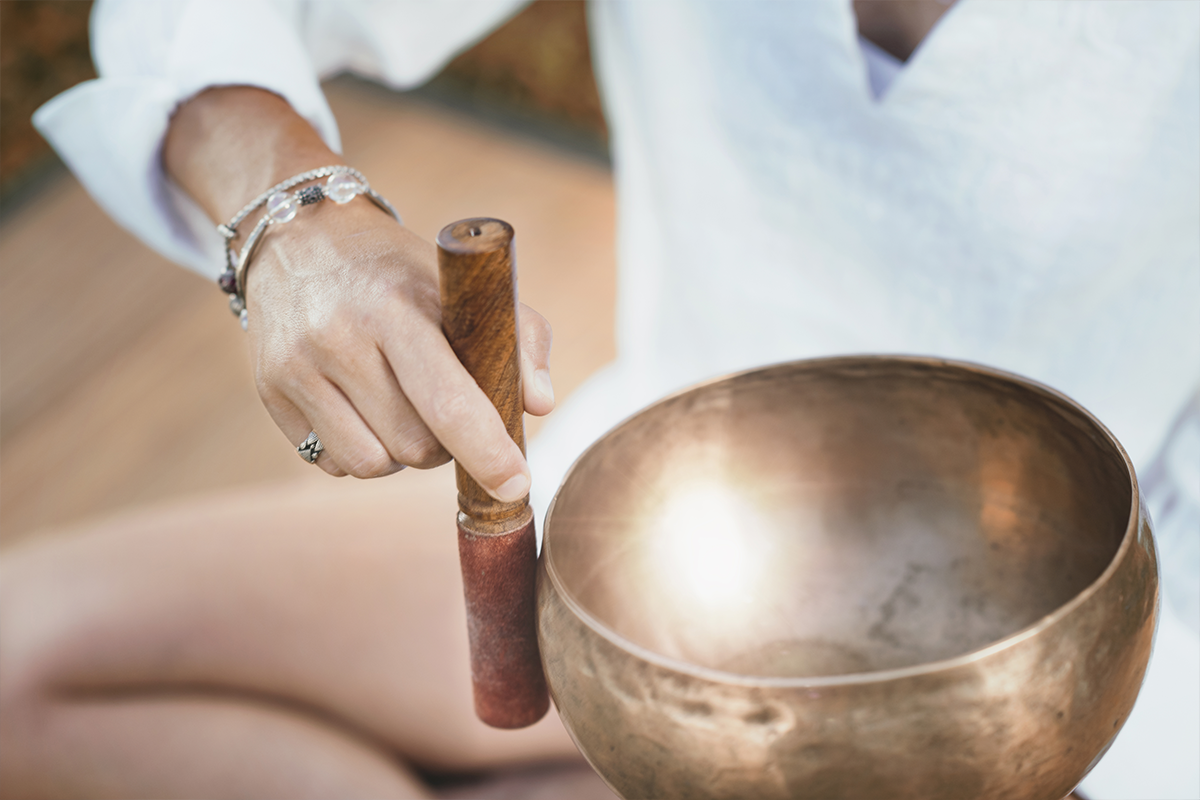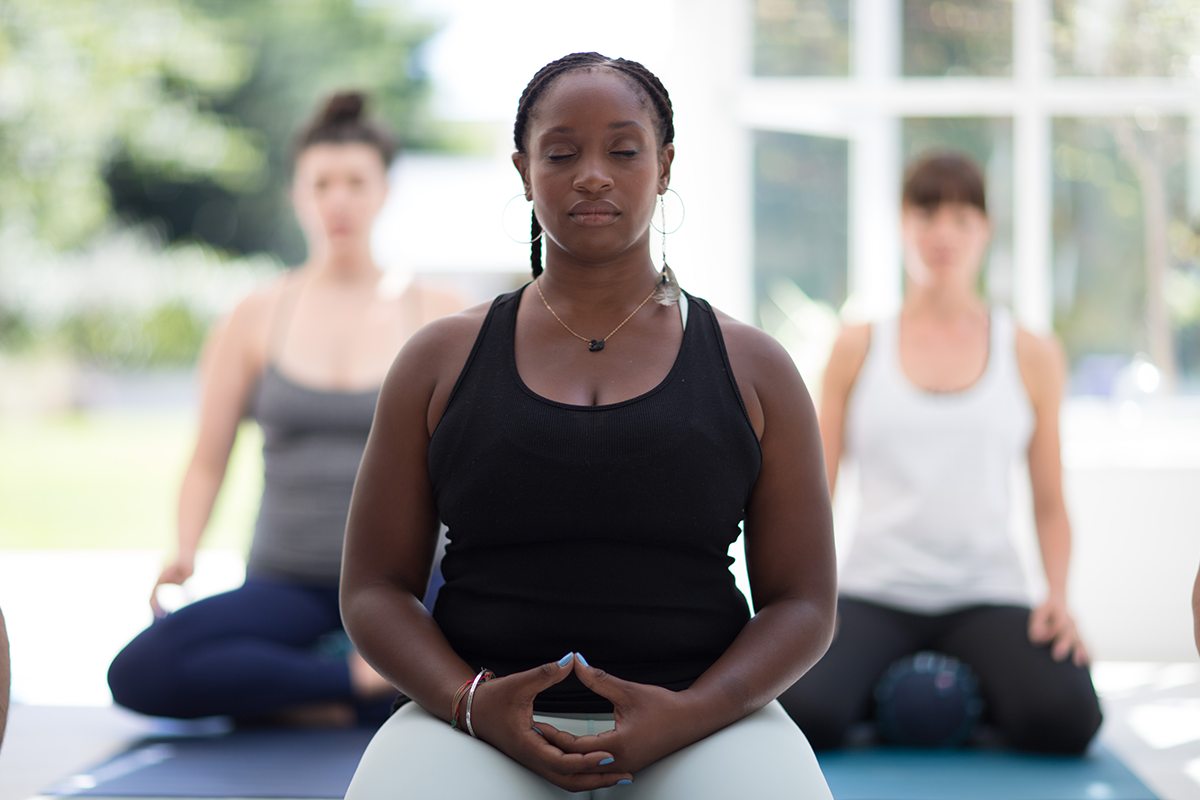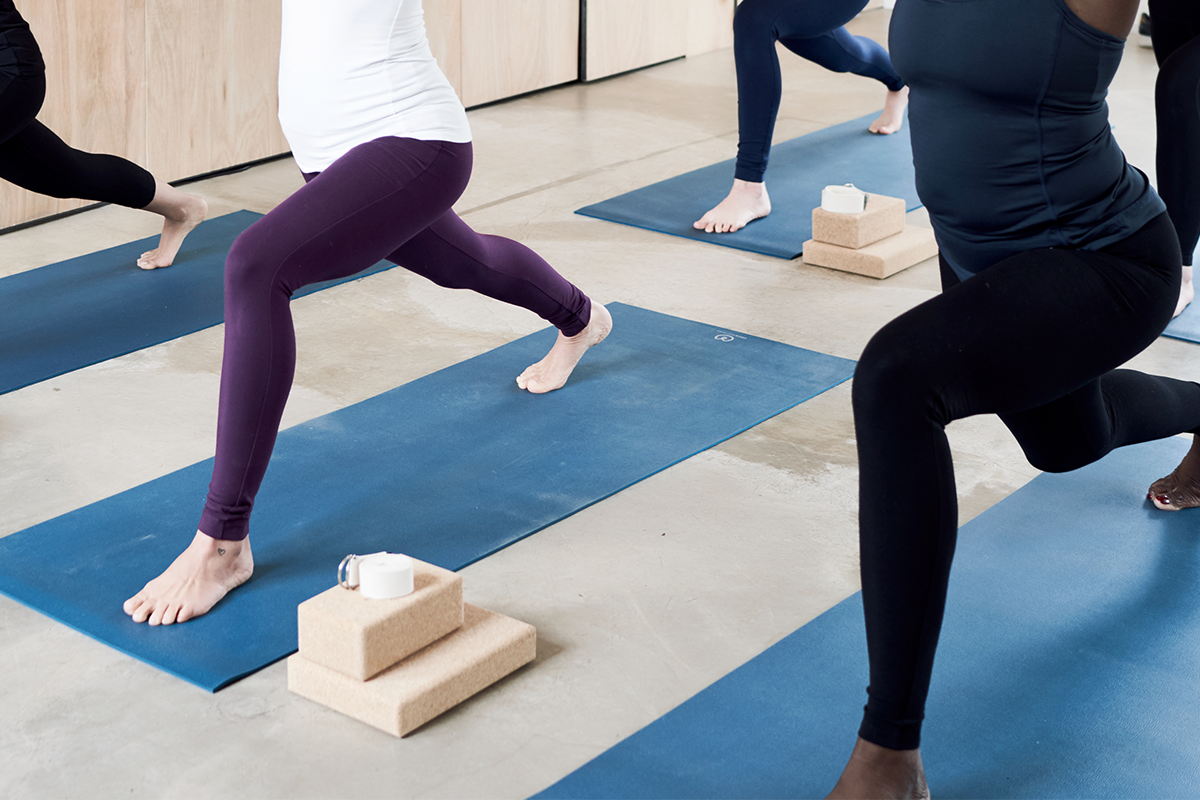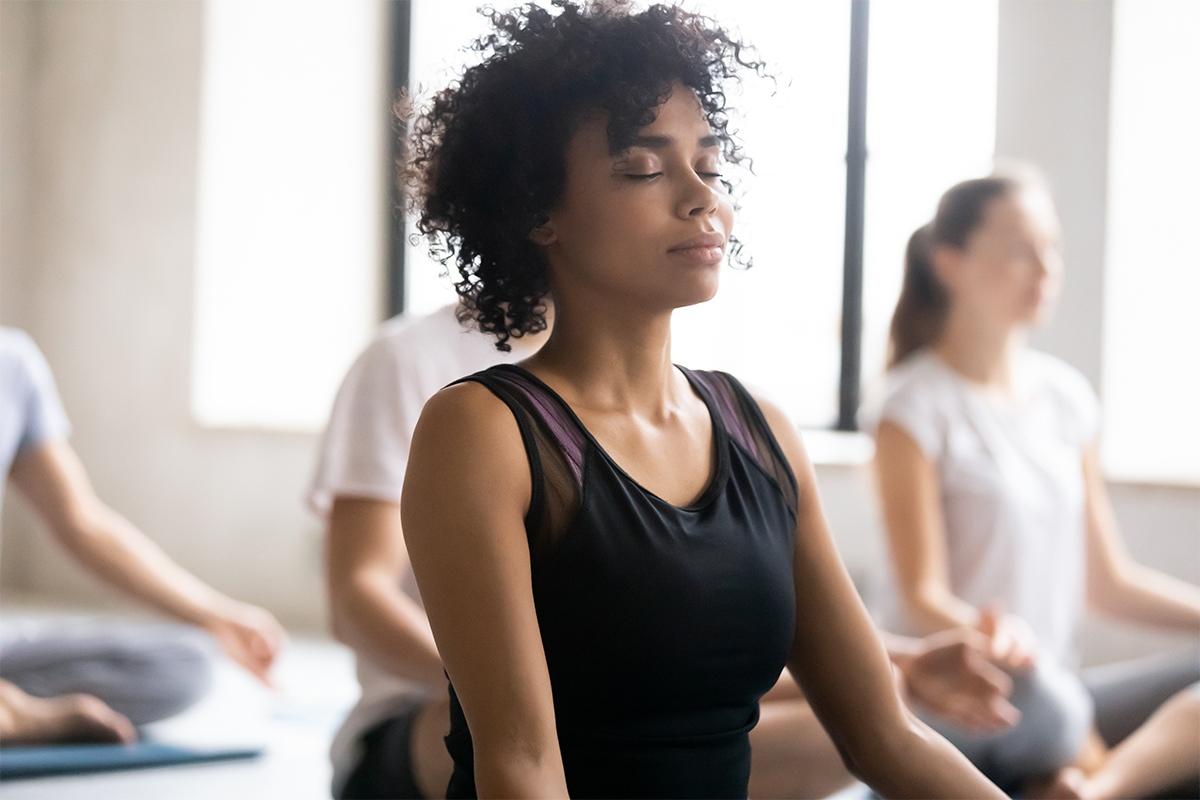
An inspirational and supportive asana practice, followed by a question and answer session with the four founders of Radical Darshan.
About Radical Darshan
Though yoga, in its many forms, is always concerned with freedom and unity, it’s easy to practice in a way that creates disunity and more bondage – not just for you, but for others, too. How do we gain sight of where our vision has been distorted, and our practice is doing more harm than good? How can we properly recognise how unearned privilege causes harm, and how to lessen that harm, so true freedom can be brought forward?
Join these four experienced teachers to re-frame your orientation to practice and SEE how you can make choices to uplift and support ALL people, especially those who have been marginalised. Practice in a way to see yourself as a part of a collective, and to honour the indigenous roots of the tradition that has given you so much. It is indeed a gift to see more of what you really are. Without understanding the systems that we are a part of, that give us or deny us access to the resources that support life – the true Self cannot be seen.
Who, What and When
– Sunday 25th April 2021 – 2pm-3.30pm (BST)
– The taster session is free
– Hosted by Yogamattters and lead by Kallie, Jonelle, Stacie and Leila
– Anybody is welcome to attend this session
Please note this is a taster session for those interested in joining Radical Darhan 300-hour advanced yoga teacher training, anybody is welcome and you are not obliged to sign up for the training.
Sign up to the session here.
About the Radical Darshan 300-hour advanced yoga teacher training
Have you always wanted to create spaces that are equitable, inclusive and respectful but felt overwhelmed with where to start?
OWN THE SKILLS | Learn how to surf discomfort as a facilitator and speak about racism in ways that promote insight and foster true liberation individually and collectively
CREATE JEDI | Join a 300-hour training where social justice and collective care isn’t just tacked on, it’s centered as the fabric of the curriculum
REST IN CONFIDENCE | Uplevel the ethics of your trainings and offerings with a clear understanding of power dynamics, cultural appropriation, exploitation & extraction
Founders and Lead Trainers
Kallie Shut (E-RYT-500) is a yoga and dharmic traditions culture advocate and educator and a lifelong social justice and antiracist activist. As a former criminal/family lawyer currently working to protect vulnerable children, she has always advocated for those without a voice or presence in places of power and privilege. Kallie is a yoga teacher descended from Sansi peoples of India and practices intentional hatha, yin, yoga nidra, and meditation. She is the founder of Rebel Yoga Tribe YouTube channel and the Radical Yogi Book Club.
Jonelle Lewis (E-RYT 500) is a yoga teacher, practitioner, mentor, and trainer with a degree in Political Science from Howard University. She practices yoga as part of her path to awakening and liberation. She teaches yoga as an anti-oppression and social justice practice. Jonelle is also part of the movement to make yoga and wellness equitable, accessible, and antiracist. She believes, “Yoga is for EVERYBODY.
Leila Sadeghee (E-RYT 500) is a priestess, yoga and meditation teacher, and ritualist. Her teaching reflects over two decades of learning and teaching. Leila is dedicated to dismantling systemic oppression as a spiritual practice. She is the creator of The Practices of Leadership & Empowerment 200 hour Yoga Teacher Training, now in its 9th year, and co-creator of Vessel of Worth ritual community for non-patriarchal collective awakening practices.
Dr. Stacie CC Graham (E-RYT 500) is a certified Hatha Yoga teacher, mindfulness teacher, and qualified life coach. Stacie has an MS in Economics and a PhD in Psychology with a focus in human motivation and leadership. She is also the founder of OYA: Body-Mind-Spirit Retreats—the first holistic wellness retreats brand in the UK that specifically serves Black women and women of color.
Sign up for this free class and taster session with the founders here.










